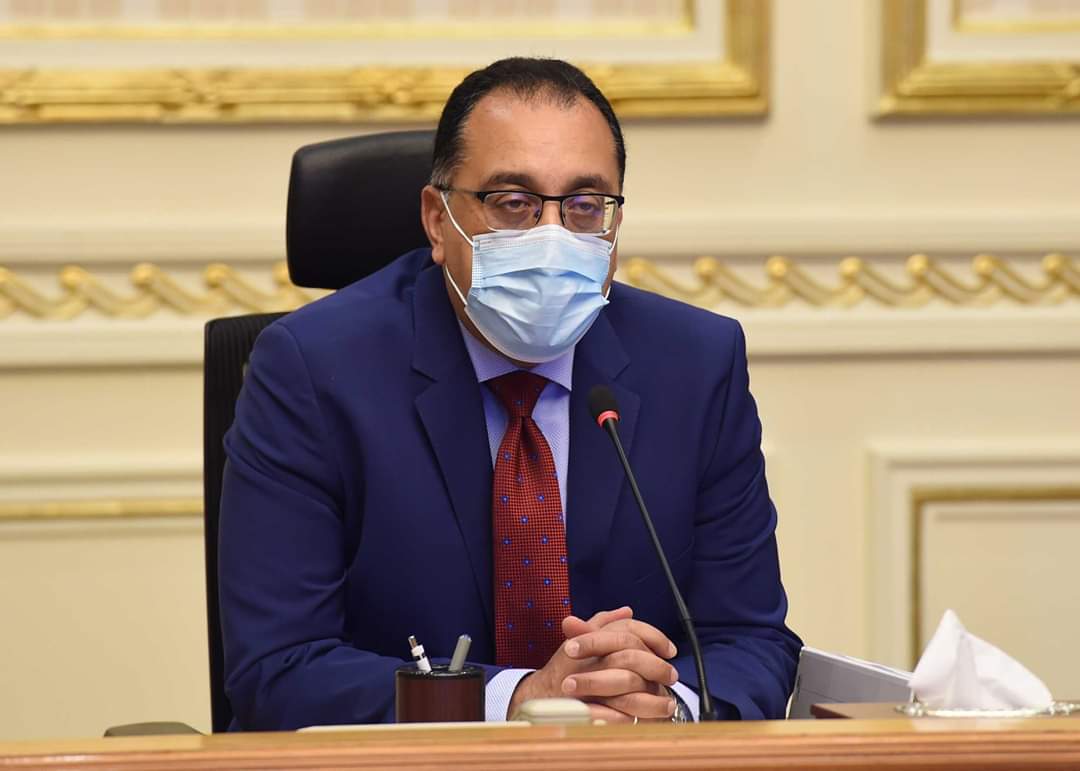Turkey on Saturday reported 2,861 new coronavirus (COVID-19) cases, bringing the total number in the country to 107,773, while Iran has registered 89,328 cases after 1,134 new ones were added in the past 24 hours, as the Muslim holy month of Ramadan has started.
In Turkey, the new epicenter of the COVID-19 outbreak in the Middle East, the death toll of the coronavirus has reached 2,706 after 106 new cases were added, Turkish Health Minister Fahrettin Koca tweeted.
A total of 1,782 are still being treated at intensive care units, he noted.
To cushion the economic impact of the coronavirus pandemic, the Turkish government has taken steps worth 200 billion liras (28.7 billion U.S. dollars) since the outbreak, including tax postponement, short-time working allowance and minimum wage support, Treasury and Finance Minister Berat Albayrak said Saturday.
Iran, now the second hardest hit country in the Middle East, has continued to witness slowdown in the epidemic, where the death toll from the novel coronavirus has hit 5,650 while 68,193 have recovered with 3,096 still in critical condition, according to the country’s health ministry.
However, Iran’s revenues from exports of petrochemical products, a major source of the country’s foreign currency income, is expected to drop by nearly 30 percent in 2020 as the coronavirus pandemic has wreaked a havoc on the international market, Press TV reported Saturday.
In Saudi Arabia, 1,197 new COVID-19 infections were registered on Saturday, bringing the total number to 16,299, while the death toll increased by nine to 136 in the kingdom.
Meanwhile, the number of coronavirus patients in Israel has reached 15,298, after 240 new cases were added on Saturday, the health ministry said.
The Israeli media estimated that the country’s education system will be partially opened on May 3 if there is no large increase in the number of COVID-19 cases in the coming days.
In Palestine, 11 new coronavirus cases were reported on Saturday, raising the total number in the Palestinian territories to 495, including 153 in occupied East Jerusalem and 17 in the Gaza Strip.
As the first among the Gulf countries to report COVID-19 cases, the United Arab Emirates (UAE) on Saturday announced 532 new COVID-19 cases, bringing the total number in the country to 9,813.
The UAE’s health ministry also confirmed seven more deaths, taking the death toll to 71.
Egypt recorded on Saturday 227 new COVID-19 cases and 13 new deaths, bringing the total number of the cases and the death toll in the country to 4,319 and 307 respectively.
Egypt had decided to renew a nationwide nighttime curfew during Ramadan which started on Friday, but reduced it from 10 hours to nine.
Morocco confirmed on Saturday 139 new cases of COVID-19, bringing the total number of cases to 3,897 in the North African country.
Morocco’s interior ministry has announced a nationwide one-month curfew starting Saturday, the first day of Ramadan in the North African country.
In Algeria, 129 new coronavirus cases were reported in the past 24 hours, bringing the total number in the North African country to 3,256.
The Algerian government on Saturday decided to re-open more businesses, in a move to ease the adverse effect of the nationwide lockdown imposed to stem the spread of the novel coronavirus.
On Saturday, Kuwait reported 278 new cases of COVID-19 and four more deaths, bringing the total infections in the Gulf country to 2,892 and death toll to 19, the health ministry said in a statement.
As part of China’s efforts to help curb the spread of COVID-19 in Iraq, a team of Chinese medical experts has completed the installation of a CT scanner at a quarantine center in the country’s capital Baghdad.
Iraq confirmed 55 new COVID-19 cases on Saturday, bringing the total number in the country to 1,763.
In Sudan, a record single-day increase of 39 COVID-19 cases was reported, bringing the total number of coronavirus cases in the country to 213.




